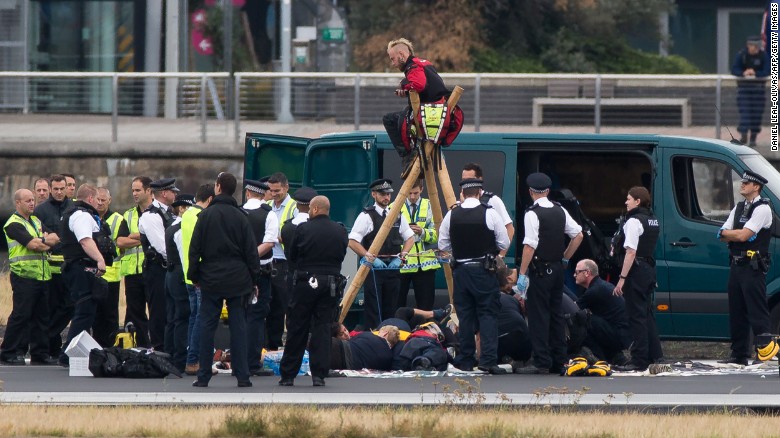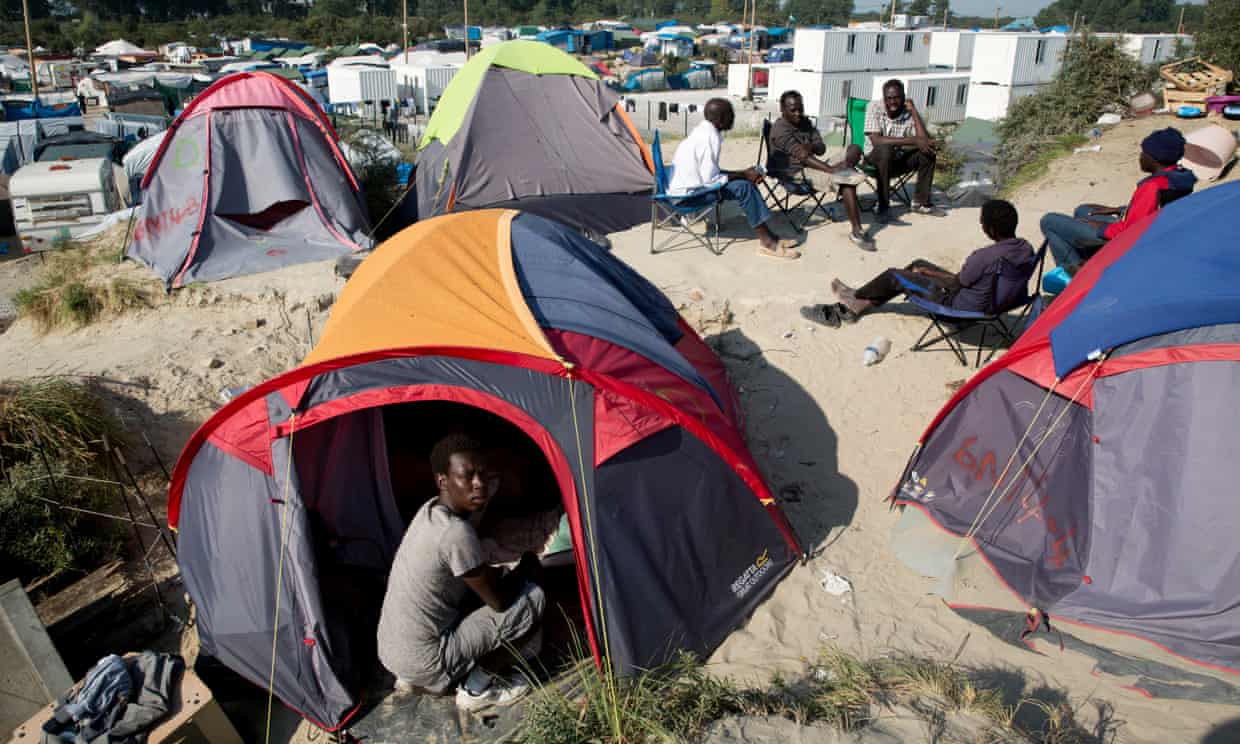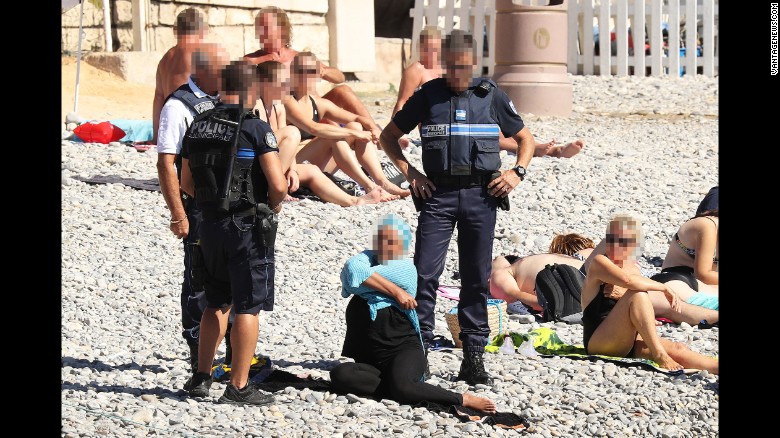By Sarah Lafen
Impunity Watch Desk Reporter, Europe
KIEV, Ukraine — The Ukrainian government has announced that it is planning to ban certain Russian artists from next year’s Eurovision Song Contest, which will be held in Kiev, Ukraine in May 2017. Ukraine is in the middle of an economic recession, however plans to spend $49 million on the competition through renovations to the host venue.

This past year, a Ukrainian citizen named Jamala won the competition with a song about deportations of Crimean Tatar’s under the rule of Joseph Stalin. Crimean Tatars are ethnic Muslims who were accused by Stalin of collaborating with the Nazis. Stalin had them transported in cattle cars from Crimea to remote regions of the Soviet Union.
Ukrainian Culture Minister Yevhen Nyshchuk said that Russian singers who have been blacklisted by Ukrainian state security for supporting the separatist cause between Russia and Crimea would be banned from the competition if Russia chose them to compete. He noted that there are “many decent artists” in Russia who understand peace, however warns that Russia is capable of finding the would-be blacklisted singers and pushing them to win local competitions, which might lead to their entry in Eurovision. Nyshchuk would consider this action by Russia to be a “deliberate provocation.”
Anton Gerashchenko, a parliament member for the ruling party in Ukraine, wishes to uphold the ban against Russian media as well, stating that it is for “Ukraine to decide” whether to block certain Russian media groups from covering the competition.
There are currently 10 Russian singers and actors whose work has been banned from Ukrainian media for its support of the Crimea annexation and Russian separatists. Chicherina and Kobzon are two Russian singers who have been banned from physically entering Ukraine for performing songs that support Russia’s position in the Crimea annexation.
Jamala’s song in the 2016 event raised concerns in Moscow that the contest was charged by politics. For this reason, some Russians have suggested that Russia boycott the 2017 Eurovision altogether. There is still speculation regarding whether or not Russia will honor the ban, or will try to challenge it and send blacklisted artists to the competition.
For more information, please see:
ABC — Eurovision: Ukraine Names Names City to Host 2017 Song Contest — 9 September 2016
EuroVisionary — Ukraine Threatens Russian Artists to Ban them from Eurovision 2017 — 21 May 2016


